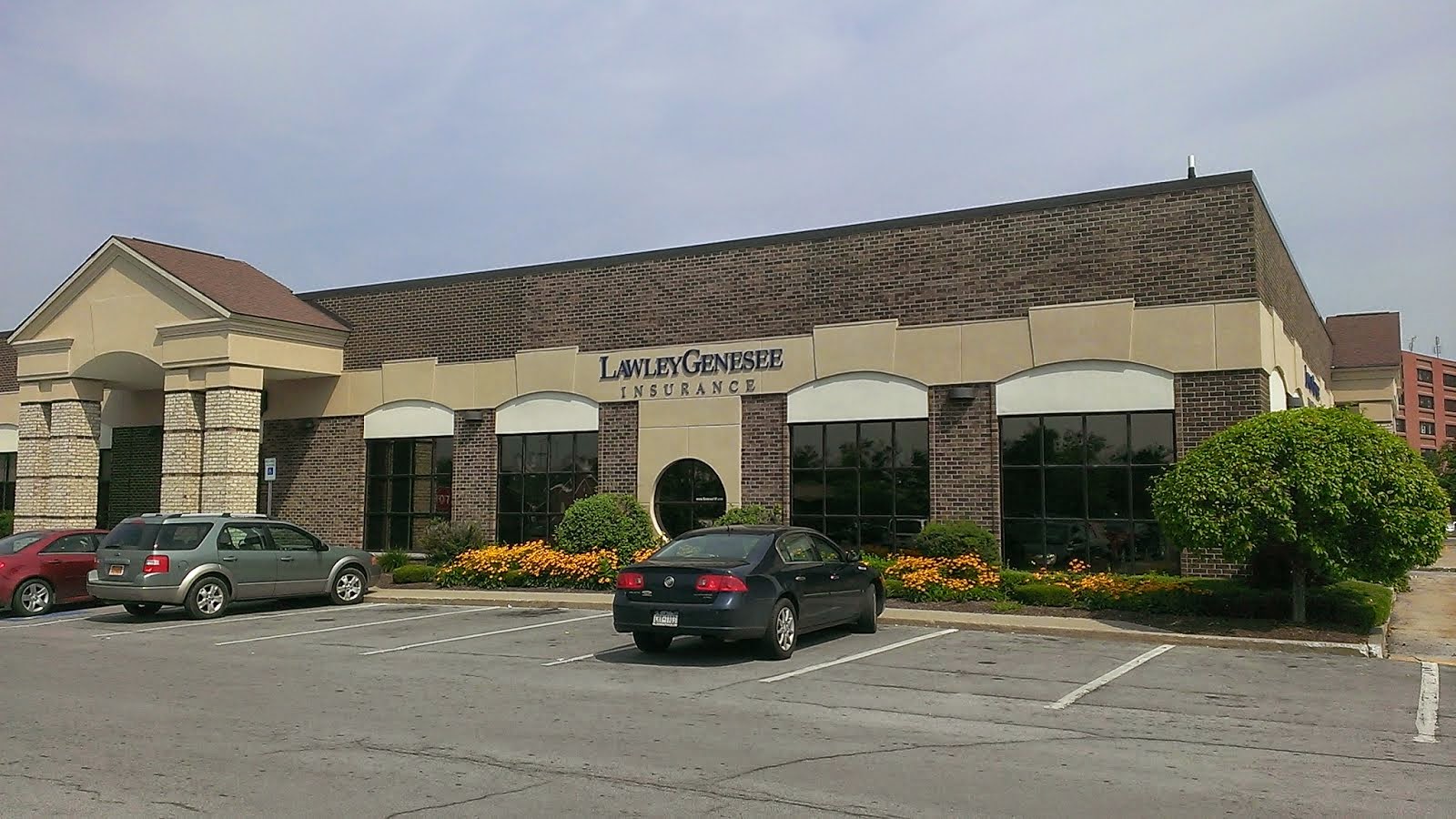Amanda’s Law — mandating the installation of carbon monoxide (CO) detectors in all homes in New York State — took effect on February 22 of this year. The law is named for 16-year-old Amanda Hansen of West Seneca, New York who died on January 17, 2009 due to a carbon monoxide leak from a defective boiler while she was sleeping at a friend’s house. Under the law, homes built before January 1, 2008 are permitted to have battery-powered CO alarms, while homes
built after that date are required to have the alarms hard-wired into the building. The law requires contractors in New York State to install a CO alarm when replacing a hot water tank or furnace if the home is not equipped with an alarm. Additionally, the law mandates that existing one- and two-family
residences have at least one carbon monoxide alarm installed on the lowest floor of the building having a sleeping area. The alarm must be clearly audible in all sleeping areas over background noise levels with all intervening doors closed. According to the New York State Office of Fire Prevention and Control OFPC), fire departments in New York responded to more than 42,000 calls involving carbon monoxide in 2007, the most recent year with complete data. A majority of these calls came in at night and during the winter months. Carbon monoxide can kill in minutes or hours depending on the levels in the air.
Visit our website at: http://www.lawleygenesee.com
Thursday, July 22, 2010
Thursday, July 15, 2010
Lower Your Auto Insurance Costs
Automobile insurance premiums often take a big bite out of the family budget. You may, however, be paying too much for this coverage. The following are several approaches you can use to reduce your auto insurance costs.
- Choose higher deductibles, particularly if you currently have a low collision or other-than-collision deductible, such as $100 or $200. Increasing your deductible from $200 to $500 or $1,000, for example, can reduce your collision and other-than-collision premium by 15 to 35 percent.
- Eliminate collision and other-than-collision coverage on older, less valuable cars. If your car is worth less than $1,500, it may be wiser and cheaper in the long run to just retain this physical damage exposure. Used car valuations are available online at N.A.D.A.
- Maintain an excellent credit record, since insurance companies are increasingly using credit scores to price auto insurance policies. Consumers with poor credit often pay more for auto insurance.
- Pay your premiums on a timely basis. Insurance companies are now adding late fees of $15-20 when issuing a non-payment cancellation. Some even charge another $15-20 to recind the cancellation.
- Consider having your premiums paid by EFT (Electonic Funds Transfer) whereby your premiums are paid automatically from your checking, savings or credit card account. EFT eliminates the costly late fees and will save you $3-5 per installment in billing fees.
- Buy a “low-profile” automobile. Before you purchase a new or used car, check into the auto insurance costs. Automobile models that are expensive to maintain and have higher theft and collision frequency rates tend to have higher insurance costs.
- Take advantage of multipolicy discounts by keeping your homeowners and auto policy with one insurer. Likewise, take advantage of multicar discounts by having all autos on one insurance policy.
- Seek out other auto insurance discounts (which can vary by insurance company), such as defensive driving, driver training, good student, air bags, antilock brakes, daytime running lights, anti-theft device, claim-free experience, and long-term customer.
For more information, visit our website at http://www.lawleygenesee.com
Subscribe to:
Posts (Atom)



